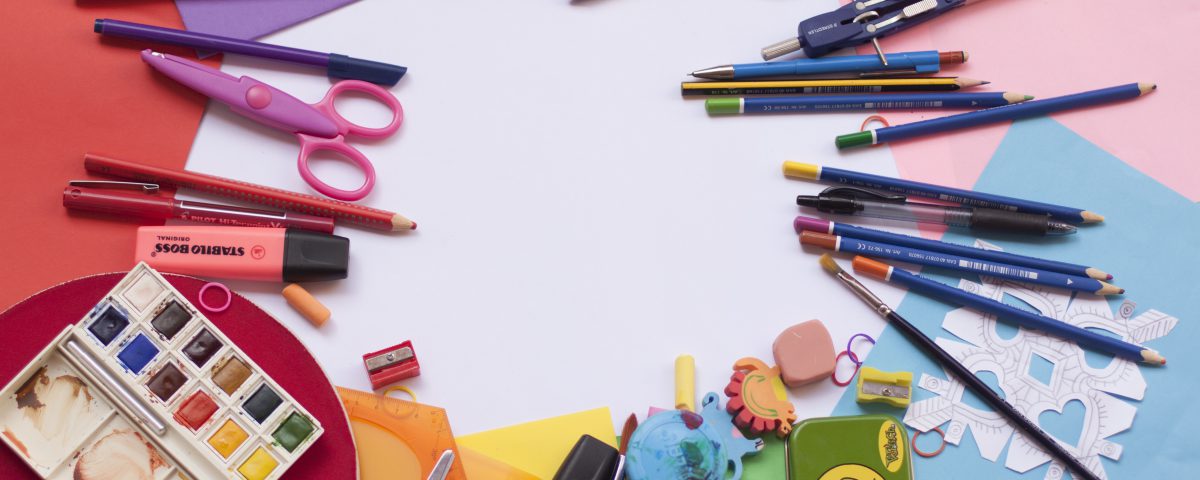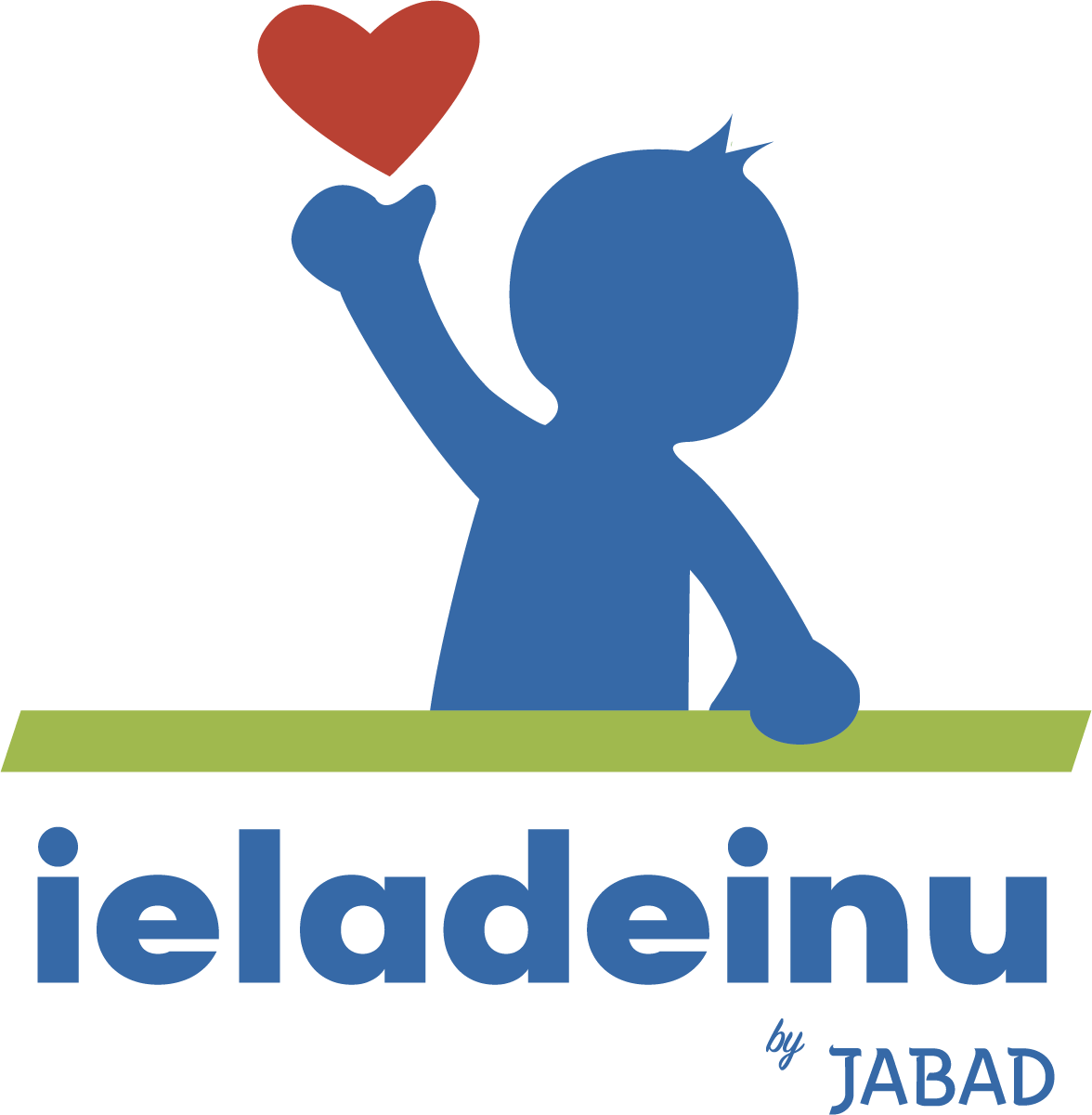How to make children and adolescents become involved in school?

Donate your days!
7 December, 2017
Summer vacations are over, but…
15 March, 2018
By Marcos Radzanowicz (Psychologist. Day Center Coordinator)
After a period (the summer) with more relaxed limits, where recreation gained time and space, we must resume our routines, schedules, tasks and obligations: it is time to go back to school. School is the preeminent place to learn and develop social and cognitive skills: we learn to build relationships with our peers and adults; we also discover the world of rules that regulate each space and to coexist with them.
One of the most important functions of Ieladeinu’s Day Center is to support the children and their families during school education. Since the creation of our Day Center, we achieved that many boys, girls and adolescents (hereinafter, children) resume school, finish their school year, and even escort or bear the national flag.
How to make a child become involved in school? How can his/her self-esteem be stimulated, reinforced and promoted to make learning a good experience? In this article, we summarize tips and ideas to achieve this.
The school institution has a fundamental role in upbringing. Although we often hear that it is the natural place for the development of a child, there is nothing natural in this encounter: each child has his/her own way to build relationships with the school, teachers and peers. These singularities are determined in multiple manners by the personal history of each child and family, the context where they live and the way in which each responsible adult relates and gets involved with learning and knowledge.
At the same time, each school, director, and teaching team are different. Therefore, it is common that crossed expectations between students and schools translate into integration and learning difficulties that take different forms: children that are restless, with attention deficits, feeling that school is not for them, uninterested, feeling excluded, unwilling to learn, thinking they are not important to their teachers, aggressive…
At the Day Center, we start from trying to understand: What type of difficulty are we talking about? Is it evolutional, cognitive, physiological, social, etc.? But, most of all, we work with the conviction that we can always do something about it. It is important to highlight that there are no pre-established recipes that guarantee success, but we would like to share some ideas to help children and adolescents feel healthy within the school context:
A small effort to achieve great changes
By Amiela Spector (Director of Ieladeinu)
Dear parents:
Many of us, right or wrong, are big critics of our children’s school and year after year we find many reasons to become upset with it. This year, let us propose, as a challenge, to be partners in our children’s education, to become involved instead of being spectators, and show our sons how valuable and important is to be able to go to school.
Our Jewish history constantly shows us how much our Iehudim brothers fought to educate their descendants and how many times this was banned for them.
Today, we have the privilege and the bracha that our children can be educated, many of them in Jewish schools filled with values and mitzvot. So let us make good use of the energy of the beginning to fill the backpack with school supplies but also with willing, enthusiasm, effort, study, learning, understanding, patience, support, and, especially, lots of love.
May Hashem make our children have a wonderful and fruitful school year!
- Responsible parents and adults must become actively involved in the children’s educational process, be next to them in their searches, talk to them, communicate with them, and, most of all, listen to them.
- Listen to them is also teaching them how to talk: ask how their day was, what they liked, what they would prefer to be different…
- Listen to them is also learning to talk: tell them how our school history was, what we liked, what we found difficult…
- It is crucial to transmit the importance of respect and adherence to laws and people that regulate the school environment. Help them understand that even though there are rules that prohibit, they also authorize and enable the possibility to do other things.
- It is also essential to respect school: if families do not trust the institution (and vice versa), children have no platform to learn to respect the educational environment, people that are part of it and its rules. If we adults trust, children will too. Trust is the basis of everything.
- It is necessary to exercise an authority within each home and in school: kids need limits, laws and rules to organize their life and guide their relationships with their peers. Limits also transmit reassurance.
- In order for a child to learn, he/she must have a decent emotional and financial support that allows him/her to direct the attention to what school demands. It is hard to concentrate with hunger, fear or lack of sleep.
- Approach them in a way they feel cared, loved, appreciated, that they know they have a place in the family, whatever its structure is, so they can appreciate themselves. It is easier to learn how to value yourself when others already value you.
- Schools cannot, and should not, infringe upon children’s self-esteem: physical and psychological punishment does not fix but makes the situation worse. Schools must also respect all the rights of the children.
- Besides teaching to conquer ideals and values, we must teach (and learn) to endure when things do not go the way we want: we cannot always win the game, we cannot always get an “A” or play whatever we want to play. Difficulties can be productive if we recognize them, do something about it and make the most of them… We can also teach to “suspect” of everything that comes easy (easy task, easy money, easy life). Shortcuts do not always help.
- Effort and discipline are necessary to have a productive relationship with knowledge and community in general. Children must learn this. Adults too.
